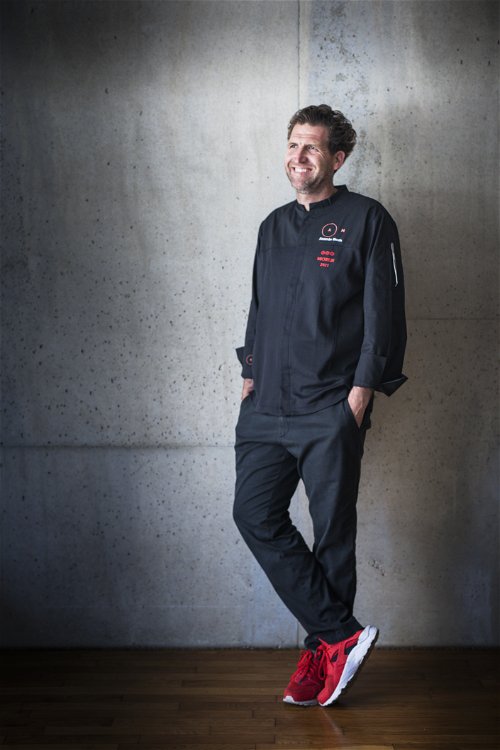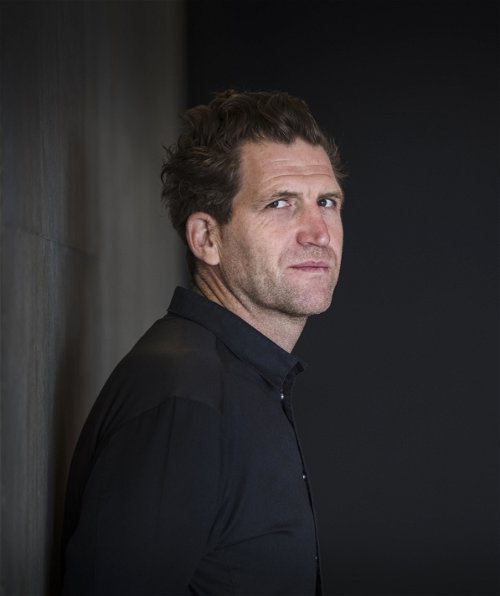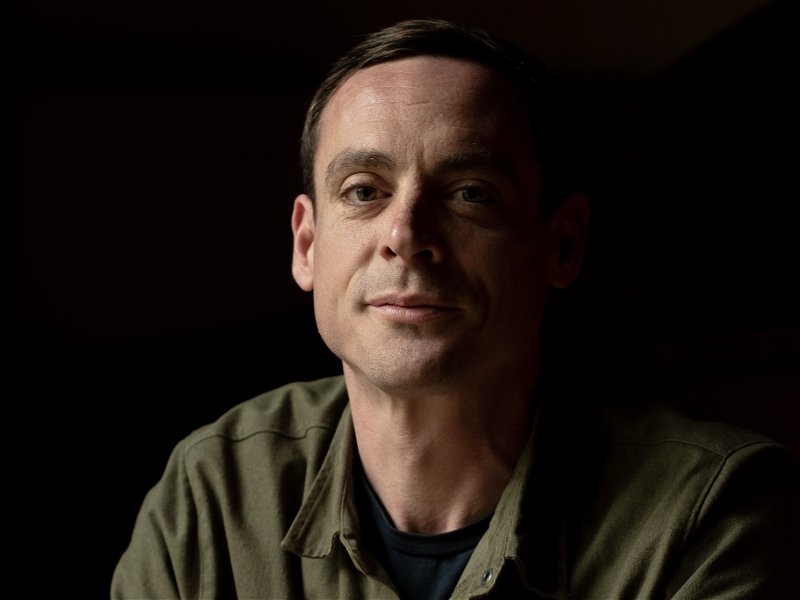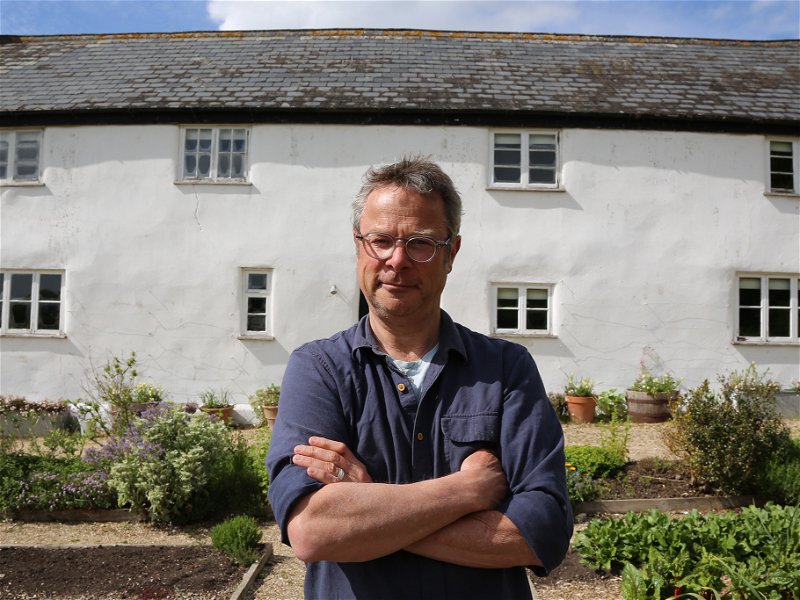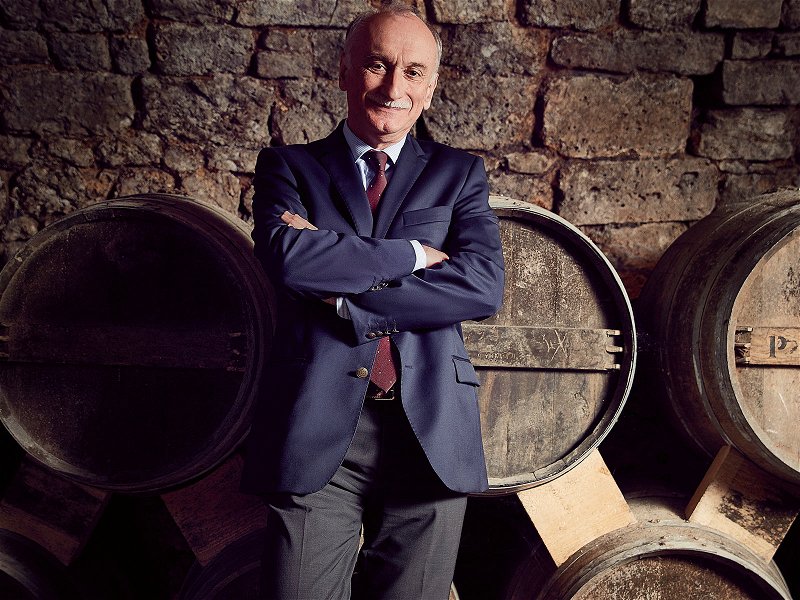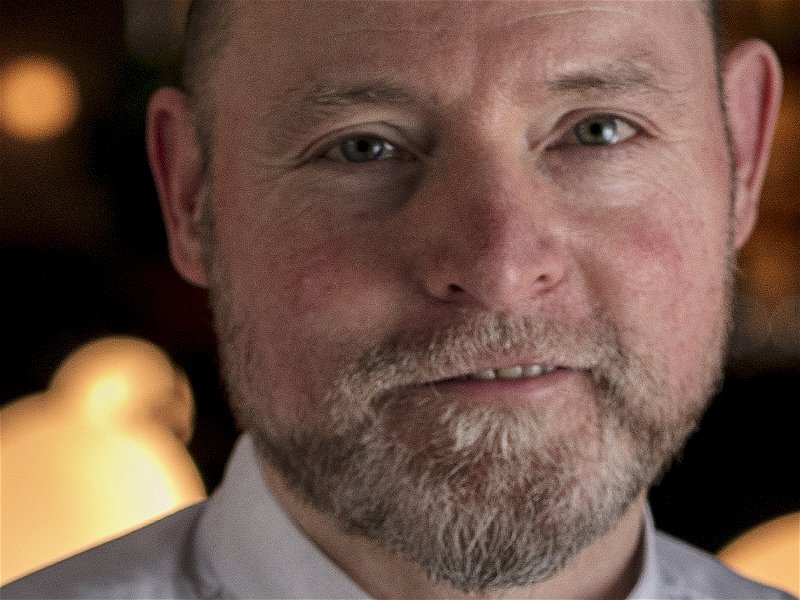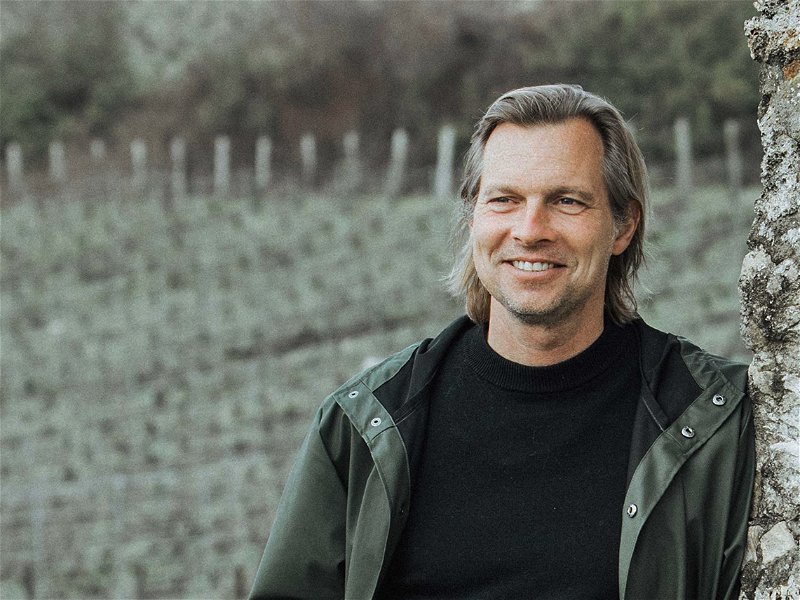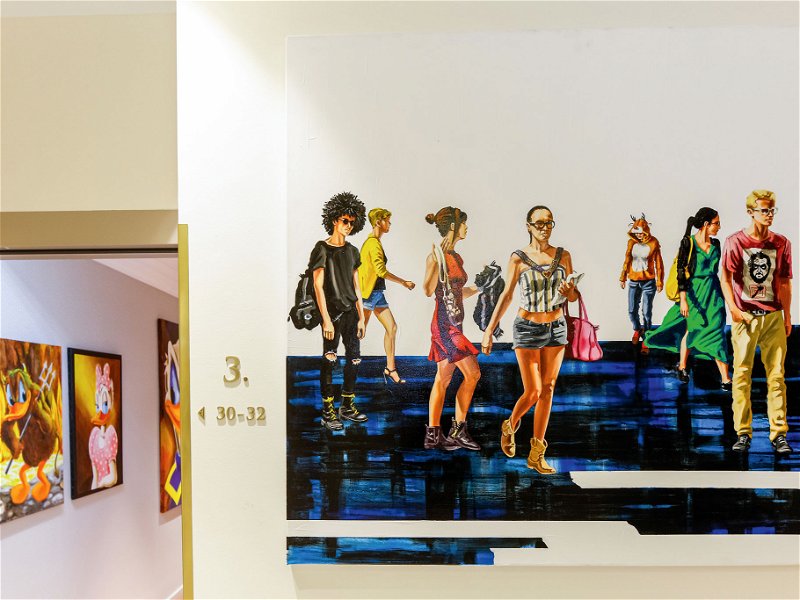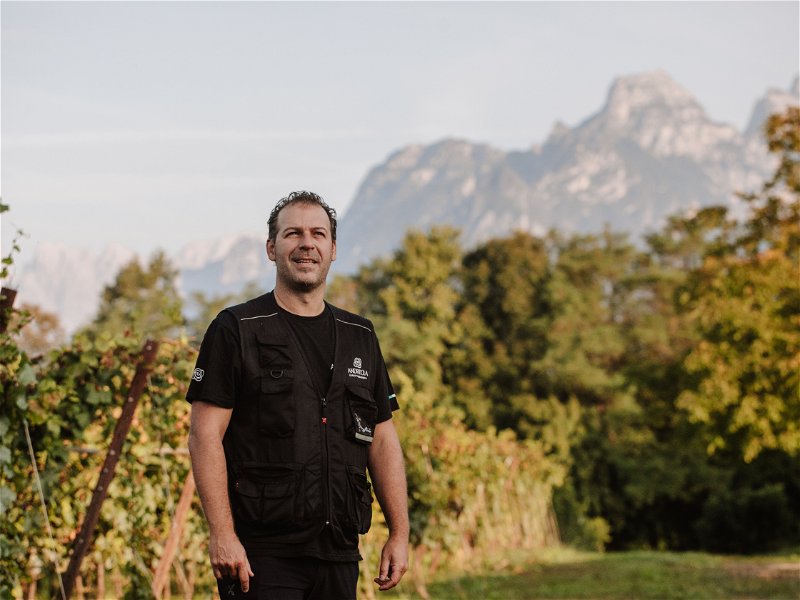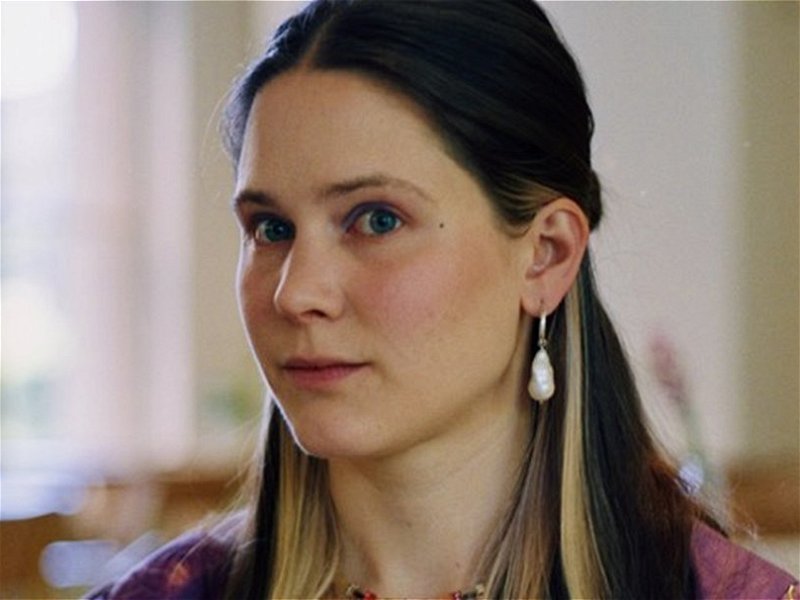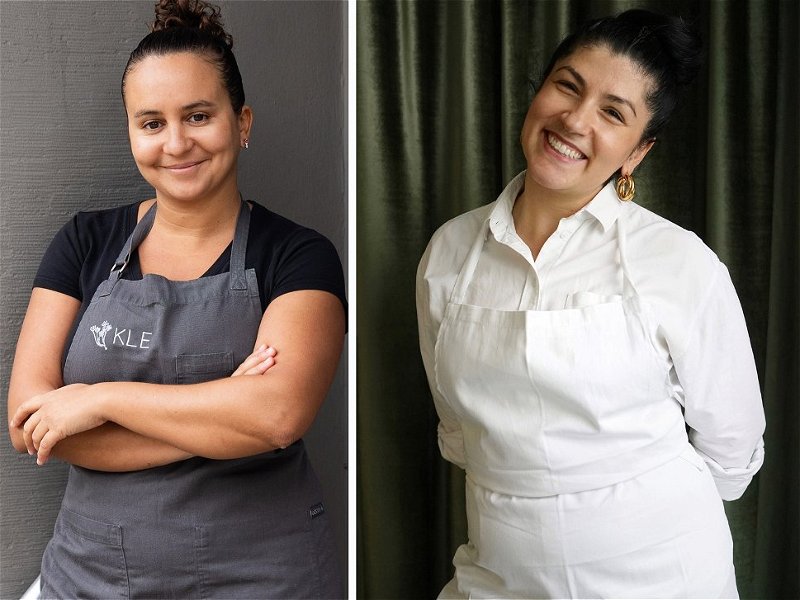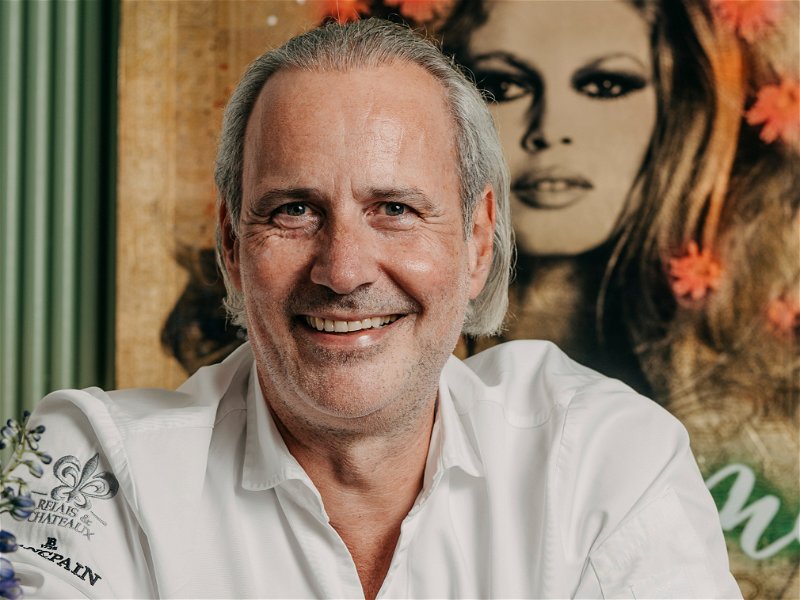Interview: Alexandre Mazzia talks about his atypical career path
The French chef talks about the savoir faire varieties as the base of French cuisine, his time as a professional basketball player, and the effects of the cost-of-living crisis.
Falstaff: What are the most significant influences, like family or countries you’ve worked in?
Alexandre Mazzia: My career path is one that can be called atypical. Immediately after my baccalaureate, I was lucky to attend a cooking school where I learnt the basics of cooking and general knowledge of the hospitality industry. It gave me a chance to master the practical skills of cooking. After that, I acquired several diplomas and certifications, with a specialisation in pastry, chocolate and candy manufacturing. I got those diplomas while alternating school classes and work. It allowed me to build experience very quickly while discovering a world I felt I belonged to. From that time on, I started accepting myself more. Since I came from abroad and only arrived in France at the age of 15, in the beginning, I used to be very independent. Cooking allowed me to travel a lot and open up. And then my passion became more than a passion. It became the source of my inspiration and motivation from which I learnt all my knowledge – practical and theoretical. It helped me learn about general culture, people, and chefs, and understand better the different cultures present around the world. Not just on a country level but regionally too. I also got to understand a great deal about “savoir faire” (know-how) varieties making the base of French cuisine. It allowed me to have a strong knowledge foundation on the matter. As I travelled, I got to discover new flavours and became more aware of the importance of textures in cooking.
You were also a professional basketball player. What similarities are there between working as a chef and professional sport, and what did you take away from the sport?
My passion for cooking was not immediate. I was first attracted by the solidarity present in the kitchens, which I could relate to as it is very common in team sports. It echoed with me straight away in parallel with playing basketball. It allowed lifting some weight off my shoulders at times as I pursued both passions simultaneously. Juggling both allowed me to give the best of myself in both disciplines. Although they require a very different set of skills, they allowed me to grow in versatile ways, building up knowledge while having fun.
Your work has been described as being “different from the classic French style”. Is that right?
Indeed, I think that my native origins from Pointe-Noire in the Congo and having lived there for 14 years have left an extremely strong imprint of roasting, spices, and chilli peppers in my culinary universe. Over the past few years, spices like harissa and chilli – which are very significant markers in my cuisine – are now ingredients that can be found everywhere.
How competitive is the world of gastronomy today?
There are a lot of talented chefs, territory, and regions, which in general makes it very competitive. However, it’s fantastic: in any part of the world, there are a lot of talented and skilled chefs that put their territories and regions in the spotlight and showcase where they are from. Wherever you visit today, you can find different culinary and typologies. The more identities, the better, it allows to highlight the gems who accompany us on a daily basis: the market gardeners, the foragers, the fishermen, the oyster farmers. Thank you to the diversity of emerging talents, curious people, and talented individuals.
The pandemic was a problematic time for gastronomy. Are there still effects that you feel now?
The pandemic was a very difficult time. During the first 3-month lockdown, after the first week, we quickly responded to the problems. We made crates with produce from our market gardeners and unsold fish and seafood that our fishermen brought us. We continued to keep in contact with our clients and vendors. People came to buy the crates so that certain vendors were able to offload their products. The second lockdown was a bit more complicated because it was different. Some areas were in lockdown and other areas unaffected. Not the restaurants, unfortunately, because it was a question of necessity.
Has your work changed in the long term as a result?
The restaurant closures reinforced the importance of gathering together at the table and sharing these moments. It was hard to accept but very quickly we bounced back and mobilised the teams to launch a food truck that was open Tuesday to Saturday for lunch service. There were people who came from all over to the food truck, like Lyon, Paris, and Monaco. We were able to meet new people and many enjoyed their takeaway food in the park. This was very beneficial in terms of bonding, communications, and at a social level. In the meantime, it allowed us to strengthen the team. Then, afterwards, there was a soft-opening period where a lot of things were put in place. We prepared as best as we could because, needless to say, some were waiting for us to slip up, more than others since we are a 3-star restaurant. We had to get back to the level that we had. It was a great motivation and a great source of encouragement for us.
How does the cost-of-living crisis affect fine dining in general and, in particular, your restaurant?
The cost of living has risen as well as all production costs, like market gardening, water, energy, and electricity. Everything has increased more than 20 per cent on average compared to the previous year. Forcibly, that indirectly impacts the price. You don’t earn more money; it’s just about finding an equilibrium. The team has increased in size, there are more of us, so it has also caused change even when it comes to salaries. Due to the higher cost of living, people are travelling a little less. There are fewer tourists, though they still come, and, of course, there is a certain desire. Nevertheless, there is a certain feverishness. The restaurant, generally speaking, is a place of experiences, of encounters, a gateway. When we see the business and the ups and downs in terms of attendance there is a real question to be asked about the future of restaurants in a few years.
Can you tell me more about your collaboration with Maison Martell?
It is the most beautiful and prestigious Cognac fabricator in the world and in France, represented by a major company, and the collaboration happened because Maison Martell chose me. They also have a contemporary art foundation, which, I would say, gives me the opportunity to work with artists from all over the world, as well as to perfect my knowledge of a product that has been culturally part of dining. Cognac represents French tradition, as well working with wood and the environment, the way of doing things, and barrel-making. What really speaks to me is also sharing knowledge with Christophe Valtaud, the cellar master. I think we have a lot in common with Maison Martell’s outlook as well as a lot of shared values, which happened naturally. It is a source of pride to collaborate with them.
What was your personal motivation for this?
You should also know that, since nothing is done randomly, my grandparents had a house in Courcoury near Saintes, a few kilometres from Cognac. I am familiar with the environment in Poitou-Charentes and Cognac, so the collaboration was a logical choice. Also, the opportunity to create an immersive identity in Chanteloup and Cognac, where the Michelin award ceremony took place, allowed me to discover this company and Cognac’s appeal at fine tables. As well as its spices and its citrusy, slightly smoky notes, which are tracers and important gateways to bring out and intensify Cognac’s aromas and flavours in an elegant way.
Alexandre Mazzia, born to French parents, spent his childhood in the Republic of Congo. He was a professional basketball player until 2004 and worked at the world´s best restaurants. He was a private chef at Le Hom´Art (Avignon) and worked at Le Corbusier in Marseille. In 2014, he opened his restaurant AM Par Alexandre Mazzia. In March 2023, he announced a long-term collaboration with Maison Martell.

